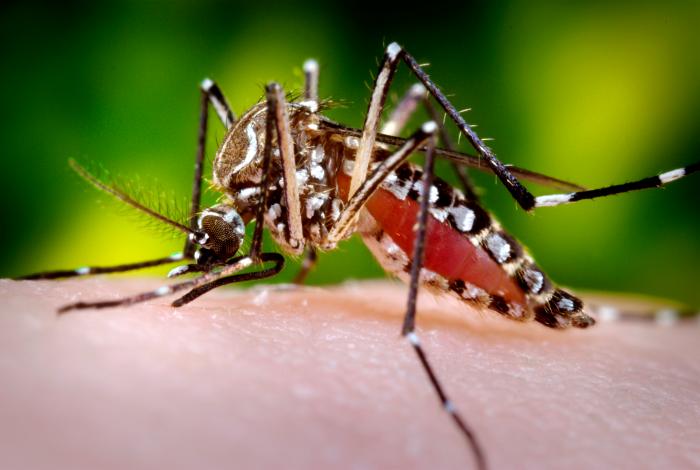Between New Year’s Eve and New Year’s Day, Hawaii health officials recorded another dozen confirmed, autochthonous cases of the mosquito borne viral disease on Big Island.

According to the Hawaii Department of Health (HDOH), as of Jan. 1, 2016, the county has seen 202 dengue fever cases, 182 in Hawaii residents. Currently, as many as 13 of the confirmed cases to date are potentially infectious to mosquitoes. All others are no longer infectious.
About 19 percent of cases have been seen in children under the age of 18.
The County of Hawaii posted the following information:
The Department of Health is spraying and treating areas connected to confirmed cases to reduce mosquito populations. In addition, Civil Defense teams are inspecting areas of high mosquito presence reported by the community. If teams visit your home while you are away, they will leave a note – please follow the instructions on the note to contact the appropriate agency.
While these efforts lower risk by reducing mosquito populations, the most effective method to reduce the spread of dengue is for everyone to avoid and prevent mosquito bites. Fight The Bite by wearing clothing that minimizes exposed skin, using mosquito repellant, and avoiding activities in areas of high mosquito concentration during the early morning and late afternoon periods when mosquito activity is greatest.
Related:
- Singapore reports December surge in dengue fever with warmer weather
- Malaysia dengue fever cases top 120,000 for 2015; Selangor state reports more than half
- Taiwan dengue outbreak down, no new cases reported in Tainan since Dec. 29


One thought on “Dengue fever outbreak tops 200 as Hawaii rings in the New Year”